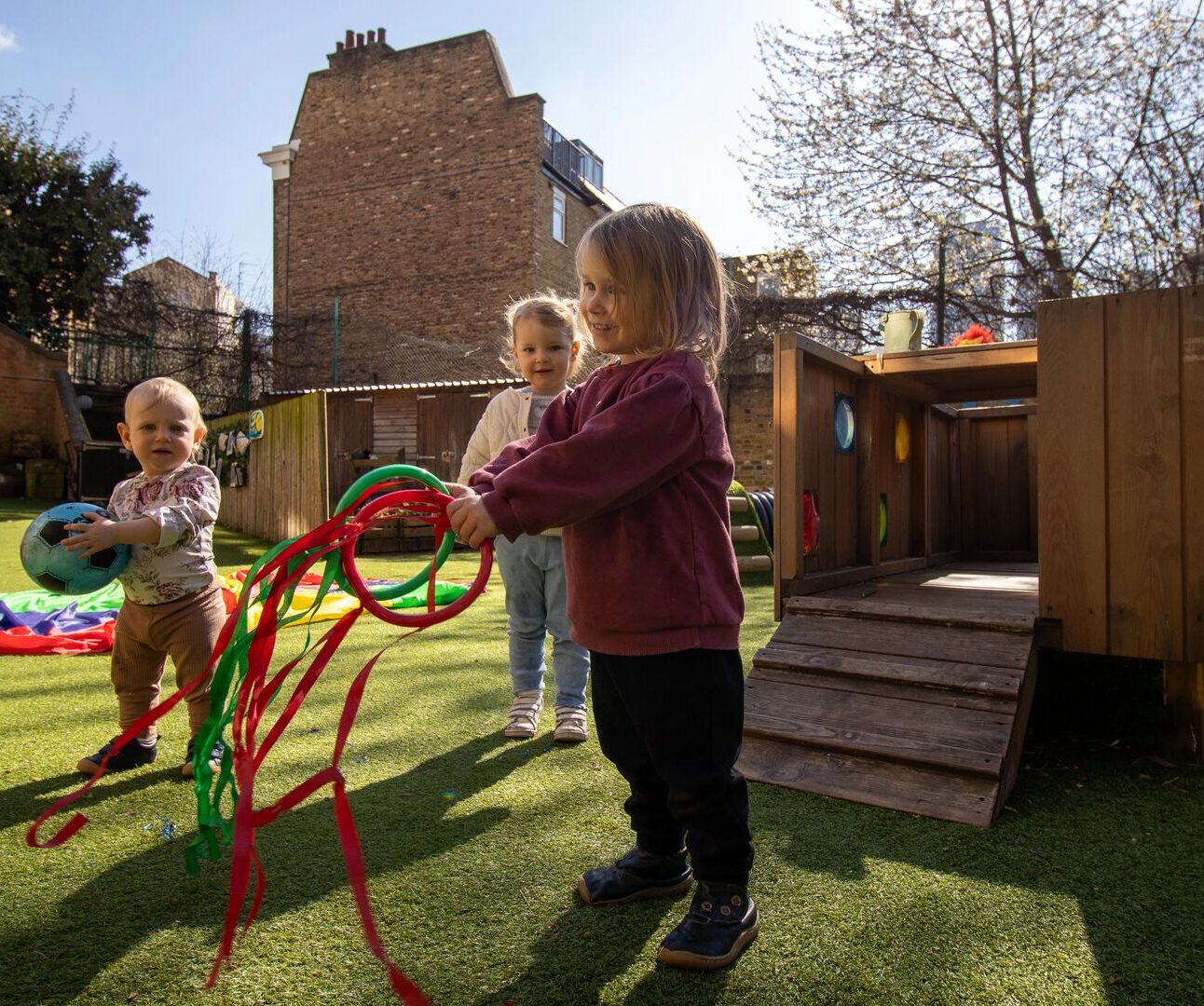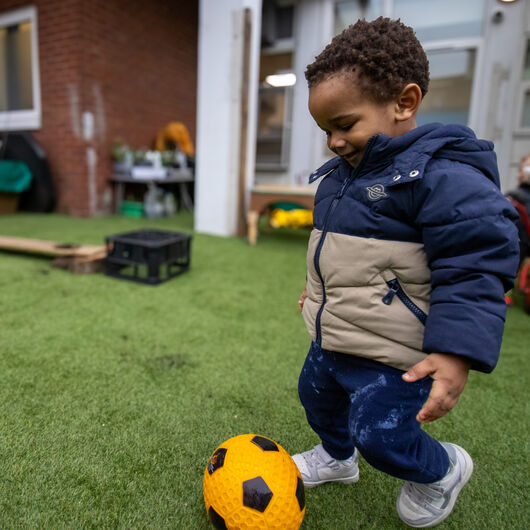
Another Consultation… This time, it’s Space
Just as the ink dries on the Ofsted consultation, up pops another. This time it’s about space, equally important and not to be overlooked. The Department for Education (DfE) has…
August 11th 2014
My family and I have been visiting Wales for many years including many of the countries beautiful gardens open to the public such as Bodnant. We had family holidays in Aberdovey until the children grew into adolescents and could not be persuaded to go crab fishing anymore although they still talk fondly of their childhood holidays there. My husband has a dream to live on the Welsh Marches, whereas I am still happy to be a tourist.
Last week we visited the Welsh speaking area of North Wales. This is a magical place where the landmarks and signs are generous with those letters less used in the English alphabet and where F and L come in pairs. I can only imagine the high scores a Scrabble player would achieve if the subject was Welsh words. I wonder what phonological awareness looks like in Welsh?
One of my favourite Welsh words is “plant” which translates to “child”. I doubt if Froebel knew this when he developed the concept of the kindergarten. His idea was driven by his love of nature. He saw this as the best symbolism for children in a nursery; nurtured and tended to by sensitive adult gardeners, giving them the right balance of water, sun and nutrients, and celebrating and enjoying them as they flowered and bloomed. I wonder what he would make of the current climate of politicising nurseries and the Government telling us that we have to teach two year old children British values! I hope we, like the Welsh, are teaching our two year olds how to be kind to our friends, considerate and socially confident as would befit any two year old.
Leaving Wales I noticed a sign that said ‘PLANT: Gyrwch Yn Araf’ or ‘Please Slow Drive Slowly: CHILDREN’ and I thought what a glorious title for the future for children. So to all of you considering your manifesto or writing a report perhaps you might think in Welsh and ‘ARAF’ for all our ‘PLANTS’

Just as the ink dries on the Ofsted consultation, up pops another. This time it’s about space, equally important and not to be overlooked. The Department for Education (DfE) has…

How I Learned to Stop Worrying and Love the Kill Switch! This is AI blog number four, and by now I thought I’d be off down the rabbit hole exploring…

Are children deprived of the opportunity to play?… …is not a new question, but one that continues to be tackled on many levels. Greg Bottrill’s book ‘Can…